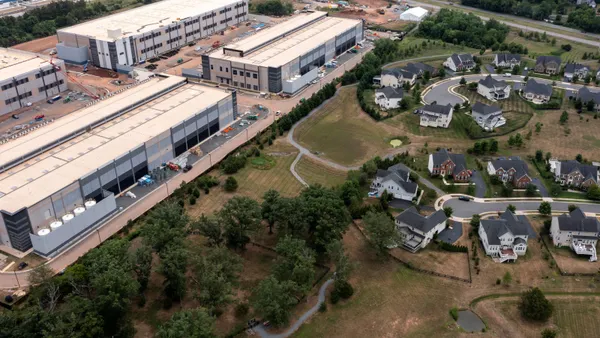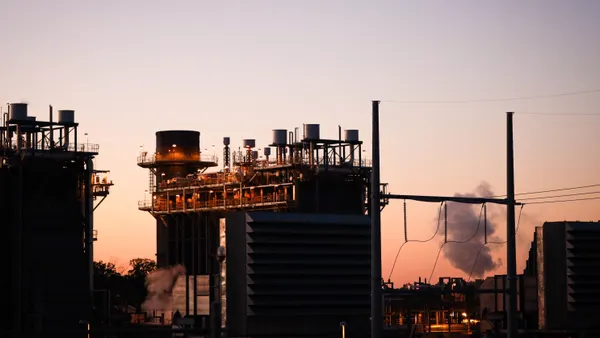Dive Brief:
- The New Jersey Assembly is unlikely to vote on proposed nuclear subsidies in the legislature's lame-duck session, meaning it will not be signed into law before Gov.-elect Phil Murphy (D) is sworn in later this month.
- Politico reports on the current bill's likely demise, though it may not be a done deal. The news outlet says it may have been pushed back because Murphy wanted to play an active role in its development.
- Officials at Public Service Enterprise Group (PSEG) have indicated two of their plants in New Jersey will not be profitable within two years and may need to be shuttered. Opponents of the plants say they will remain in the money out to 2021 and opposed any subsidies.
Dive Insight:
Conservationists hailed the news that nuclear subsidies would not be pushed through in the waning days of New Jersey's legislative session. The last voting session is Monday, Jan. 8, so the bill could still come for a vote. But the Natural Resources Defense Council said Wednesday's developments were a "significant victory" for consumers.
The move "allows a new legislative session and a new governor to take the time necessary to carefully plan next steps and implement best practices if a bailout is needed," said NRDC Chief Planning Officer Dale Bryk said.
The bill had appeared to be moving quickly through the legislature in the waning days of Gov. Chris Christie's administration. The governor would likely sign the bill if it is delivered to his desk. Murphy will take office on Jan. 16.
Last month, PSEG CEO Ralph Izzo told a joint committee of state lawmakers that PSEG’s Salem and Hope Creek nuclear plants will be unprofitable within two years and are at risk. Shutting them down, however, could raise power prices and carbon emissions, he said. Izzo called for lawmakers to approve a subsidy package similar to programs in Illinois or Connecticut.
However, the New Jersey Coalition for Fair Energy (NJCFE) yesterday released a report completed by Energyzt Advisors that shows that “Hope Creek and Salem have always generated extremely profitable returns for its owners.”
In the first half of their initial license period, the plants earned a regulated utility return on equity above 10%, the report notes. Currently, the plants have used hedges to lock in energy prices of $40/MWh to $50/MWh for most of the plants' output.
The report finds both plants “have always been profitable and will continue to be so through at least 2021."
"No one has ever said that the plants don’t matter, but we do believe that massive ratepayer-assistance should only be awarded only on the basis of a demonstrable need," Matt Fossen, a spokesperson for NGCFE, said in a statement. "This study patently disproves PSEG’s scare tactics, and proves once and for all that there is no need to pass a proposal which will cost at least $300 million per year.”














